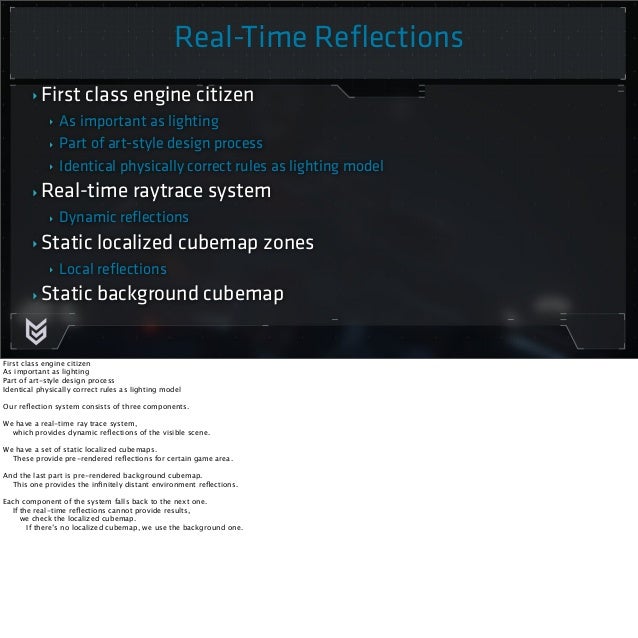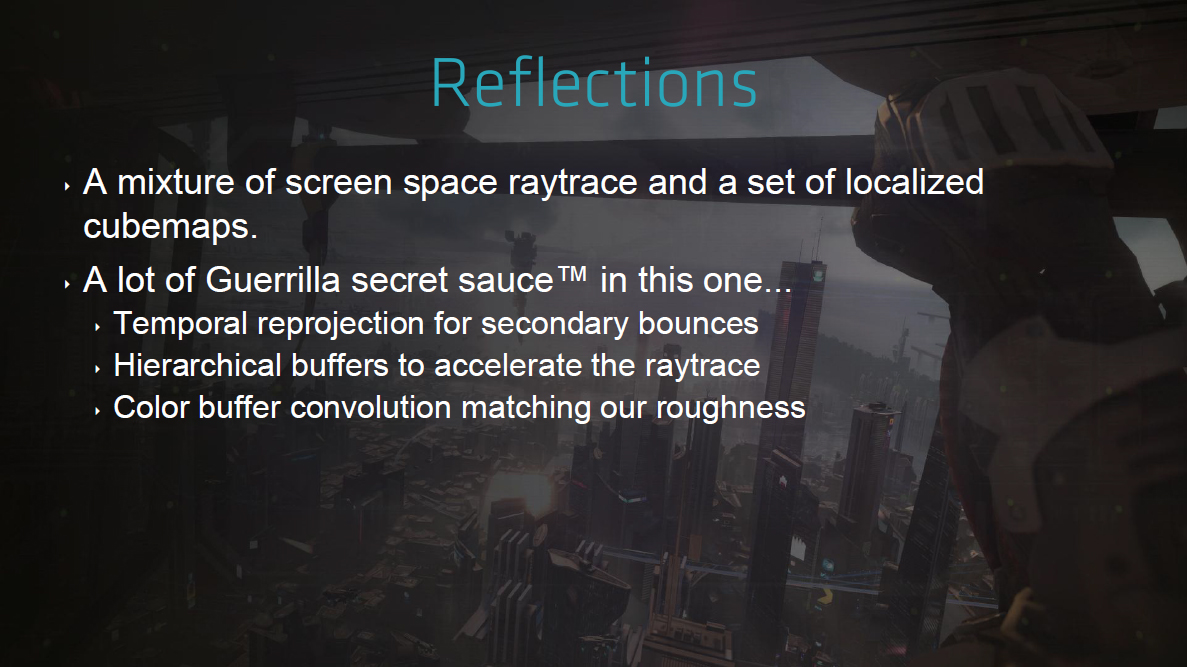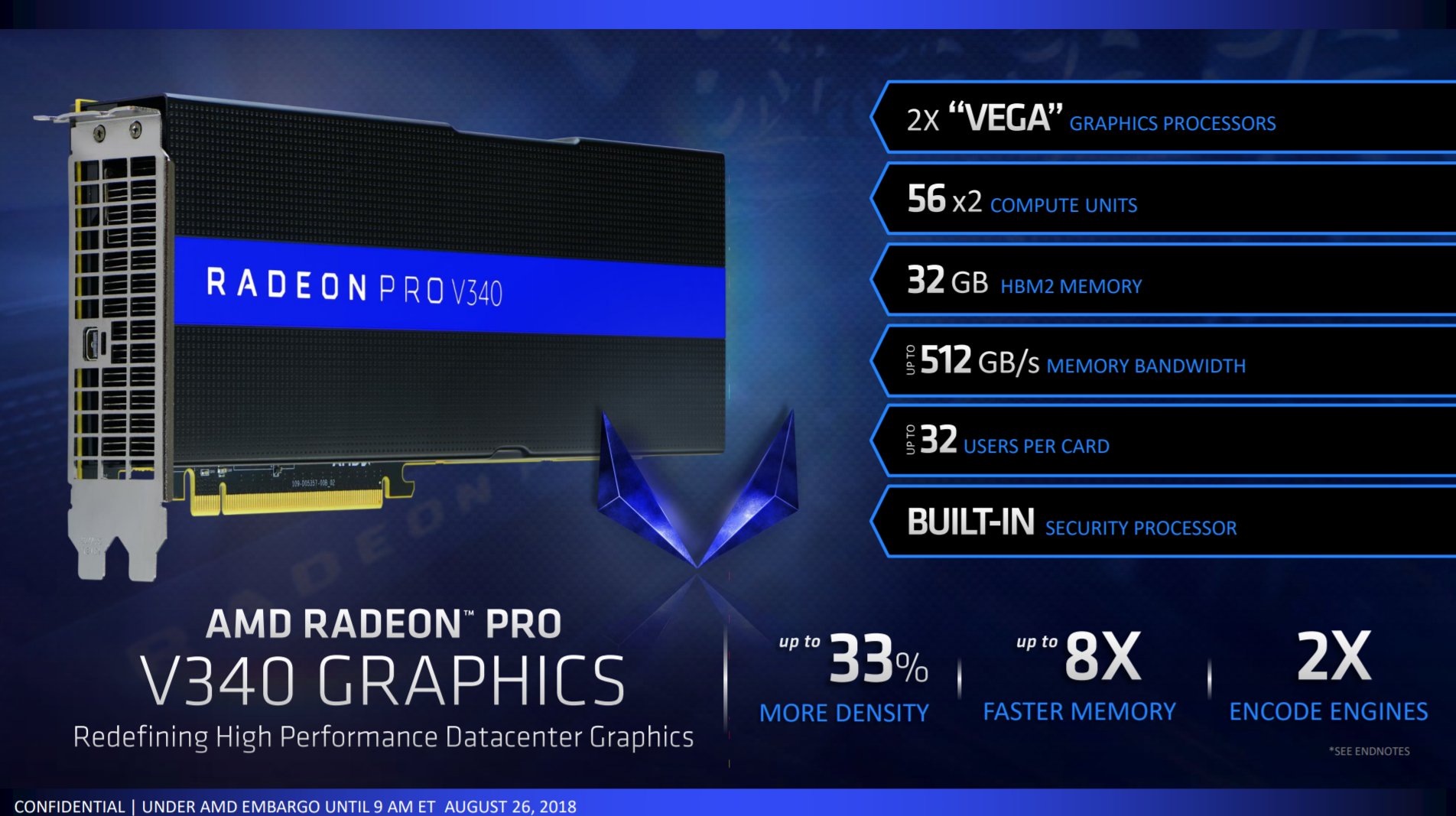Yeah, good luck with that one. I'm not the greatest mathematician but I believe 24 is still greater than 8.
DDR4 Same Price as Initial Launch
With no fabrication shrink between those two points...Even if prices per mm2 remain stagnant, we're also getting a density increase, with Micron and others investing heavily in a new fab at last for DRAM.
https://www.anandtech.com/show/13012/micron-begins-mass-production-of-gddr6
"Finally, further out, Micron is already looking at faster and higher density memory options. The company already has 16Gb parts in their development pipeline (the GDDR6 spec allows for up to 32Gb), which will finally offer a long-awaited capacity bump over 8Gb GDDR5(X). As for faster speeds, besides their forthcoming 16Gbps products, the company is also playing with even faster speeds in their labs, where they've recently been able to get GDDR6 up to 20Gbps. Now it does go without saying that faster memory speeds are much more future looking – in part because there needs to be memory controllers capable of driving such fast memory – but Micron seems cautiously optimistic."
https://www.anandtech.com/show/12338/samsung-starts-mass-production-of-gddr6-memory
"This week, Samsung has announced that it has started mass production of its GDDR6 memory chips for next-generation graphics cards and other applications. The new chips will be available in 16 Gb densities and will feature an interface speed that is significantly higher when compared to that of the fastest GDDR5 and GDDR5X ICs can offer.
GDDR6 is a next-generation specialized DRAM standard that will be supported by all three leading makers of memory. Over time, the industry will introduce a great variety of GDDR6 ICs for different applications, performance and price requirements. What Samsung is announcing this week is its first 16 Gb GDDR6 IC that features an 18 Gbps per pin data transfer rate and offers up to 72 GB/s of bandwidth per chip. A 256-bit memory subsystem comprised of such DRAMs will have a combined memory bandwidth of 576 GB/s, whereas a 384-bit memory subsystem will hit 864 GB/s, outperforming existing HBM2-based 1.7 Gbps/3092-bit memory subsystems that offer up to 652 GB/s. The added expense with GDDR6 will be in the power budget, much like current GDDR5/5X technology."

I really don't think either of the pair will be caught dead trying to pitch next gen with 12GB, as the XBO X already has that, and neither wants to be caught well behind the other next gen. 16 is the minimum I expect, 24 is well within reach, and 32 is the stretch.






